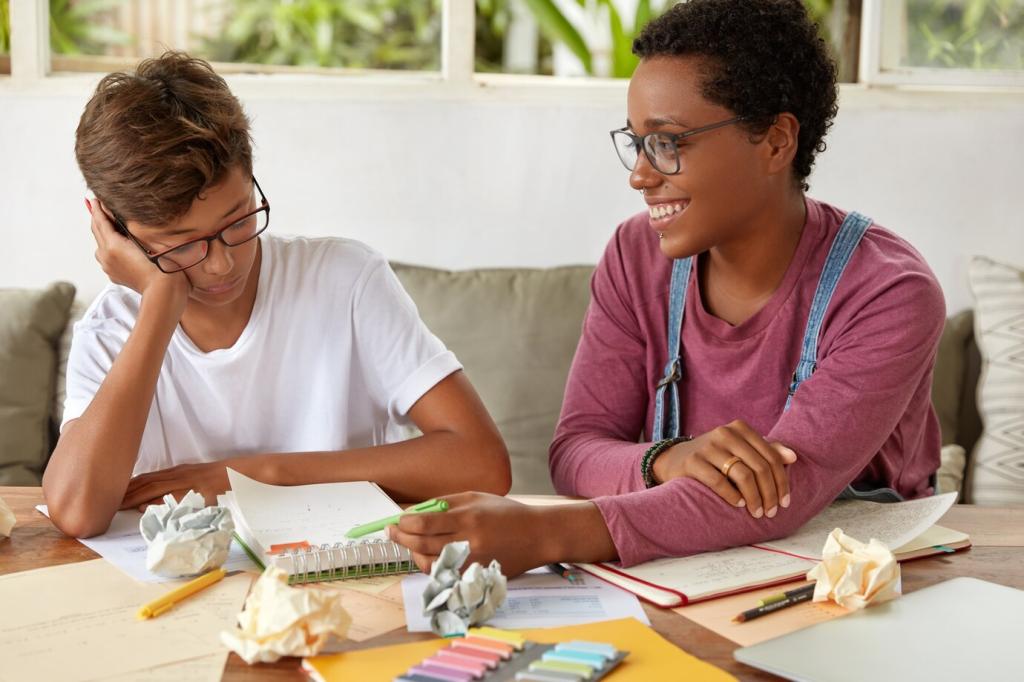Storytelling That Travels Well
Source anecdotes from community voices, cite your sources, and invite corrections. When a street artist in Bogotá clarified a mural’s meaning, the guide thanked them publicly, modeling respect and updating future tours.
Storytelling That Travels Well
Let your group laugh together, not at anyone. Favor playful observations about shared experience—weather, surprises, logistics—over jokes about identity. Ask guests to share travel bloopers, turning vulnerability into connection rather than exclusion.



